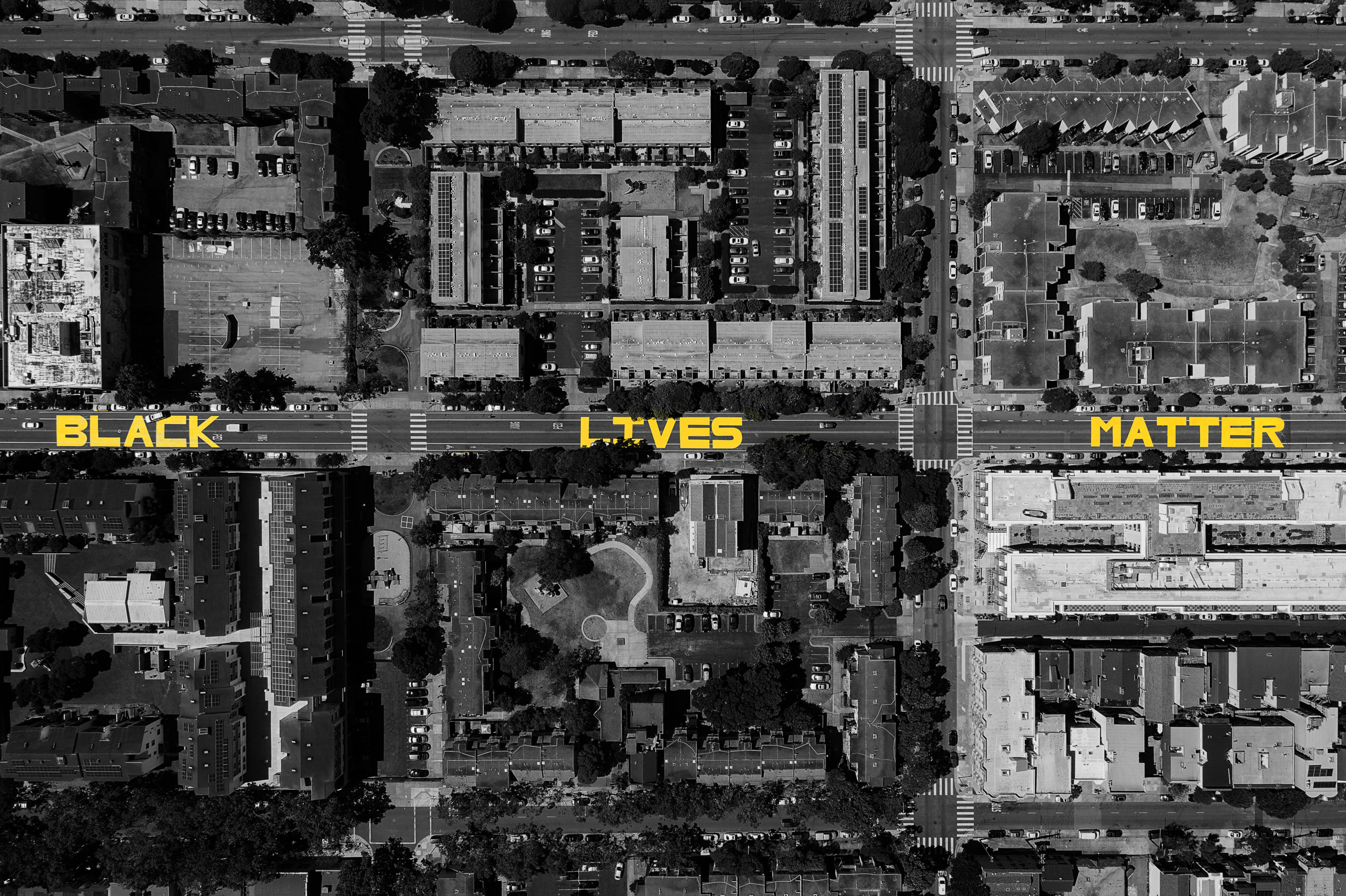A Pledge

Written by Andrew Zhai
Edited by Jethro Prinston
Image courtesy of Christopher Michel
Science has long been used as a tool to prop-up racist beliefs held against Black and Indigenous people of colour (BIPOC). Beginning with the use of eugenics as a justification for racial superiority, science has played an important role in establishing a racist system that has led to the murder of countless Black lives, George Floyd and Breonna Taylor among them. With this relationship in mind, it becomes clear that science was never designed to accommodate the views of people that it has historically exploited. Many students in STEM fields will complete an entire undergraduate education without a single lecture from a BIPOC lecturer. Further on in graduate school, while most non-Black students operate under the assumption that they will eventually complete their degree, for Black students where the doctoral completion rate is 10% lower than for the general student body, this assumption is not as sound (1). These are just some of the symptoms arising from a history of racism that is deeply engrained in STEM.
Transcripts, operating in the academic sphere, has benefitted from the racism inherent in science. At a time when most media coverage has moved beyond the ongoing fight for racial equality, we are pledging to continue the push for racial justice in STEM and beyond. Specific actions that we, and hopefully other scientists, will be taking include (taken from @freeradsorg):
- Refusing to stay silent when witnessing anti-BIPOC racism, calling in colleagues who make racist comments/actions
- Listening to & acknowledging the experiences of BIPOC colleagues, amplifying their voices, & supporting BIPOC-led initiatives within our field
- Promoting research and speaking engagements by BIPOC scholars
- Learning how white supremacy/colonialism influence STEM disciplines & how one’s own discipline/research practice perpetuates anti-BIPOC racism
- Advocating for broader changes in STEM curricula
The following are some online resources for exploring the intersection of racism and STEM:
Free Radicals: An activist collective that creates resources aimed at making science more equitable and socially just.
Science for the People: An organization that examines the political and social consequences of science.
Abolition Science: A podcast that dissects racism in STEM and discusses the experience of racialized people in academia
Cite Black Women: A campaign that aims to eliminate racial bias against Black women in academic citation practices.
The Sterilization and Social Justice Lab: An interdisciplinary team of researchers that studies the history of sterilization and eugenics in the US.
Here, some amazing Black scientists to follow on Twitter:
Last but not least, the publishing company Springer Nature has shared a trove of freely available books, journal articles, and blog posts about racial inequality that serve as a great resource for anyone looking to dive deeper into the topic.
Science is just one facet of the racism that BIPOC encounter, but it is the one in which we have the most capacity to enact change. We hope that all of our readers will join us in learning about the experiences of BIPOC and amplifying their voices so that we can build an environment where everyone can be heard.
References:

I would also suggest under actions: 1) learning about allyship to implement in our everyday lives, 2) learning about unconscious bias for mentoring, teaching, supervising, reviewing applications, interviewing, working with people from all backgrounds and 3) assisting or actively engaging in outreach/mentorship programs to school-age chlldren of BIPOC and other under-represented groups.